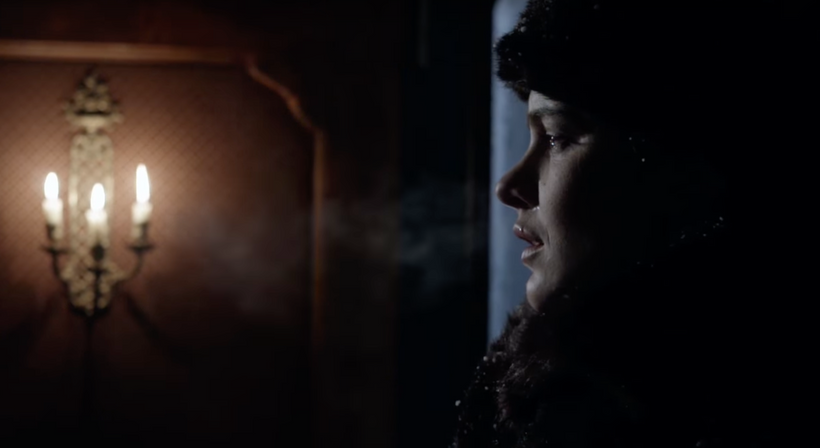Composing for films brings music into a new category of aesthetic (kunsphilosophische) problems that I would like to highlight, among perhaps many others of the same kind:
1. The authorship is divided between composer and director; many times the temp-track or the direction determines extrinsically the nature of the outcome. This creates a challenge for the judgement of a “composer’s style” and character.
2. The music is heavily associated to movie. This leads to the “social proof” problem, if I can put that way: the music might be not that great, but it is beloved since it appeared in a great scene of a beloved movie
3. The music is many times a “member” of the organism called movie. In this sense, as a soundtrack we can’t adequately judge a soundtrack outside of the movie: the quality of the soundtrack exists only in its relation to movie. But at the same time it is true that the same recording can and should be judged as a composition when taken out of context. The thing is: both are going to be judged in a different, and many times contradictory, way.
4. A soundtrack has the power to entirely change the perception of music made before this same soundtrack. This leads to a very interesting consequence towards the necessity of innovation of the musical and stilistical material in order

